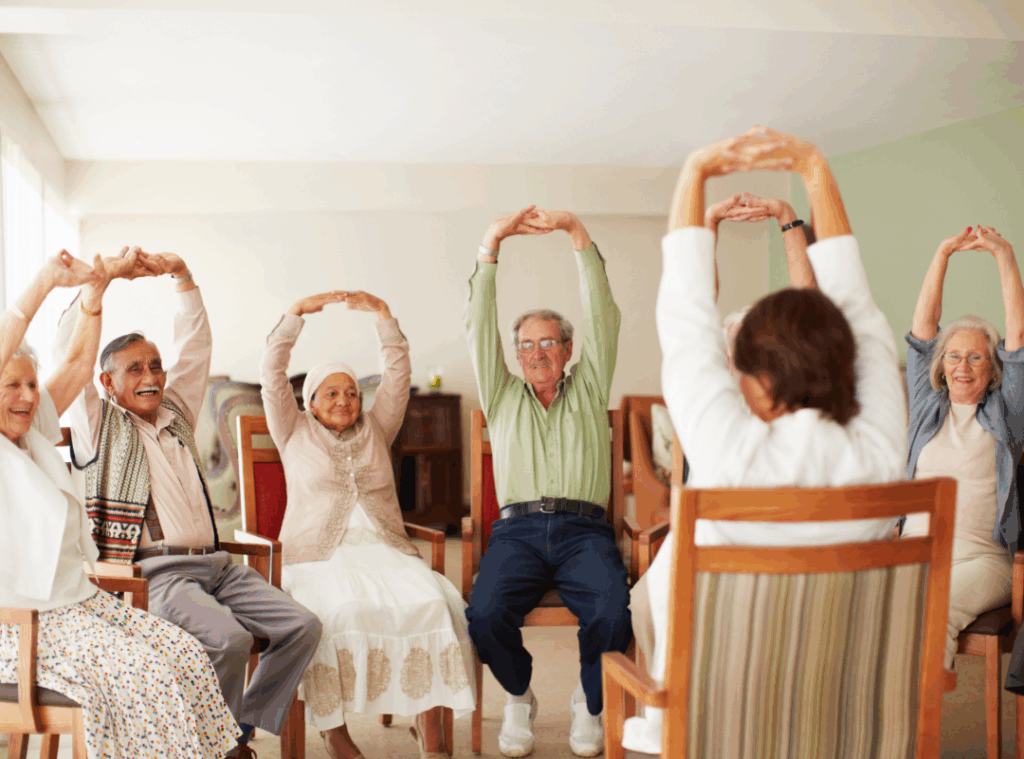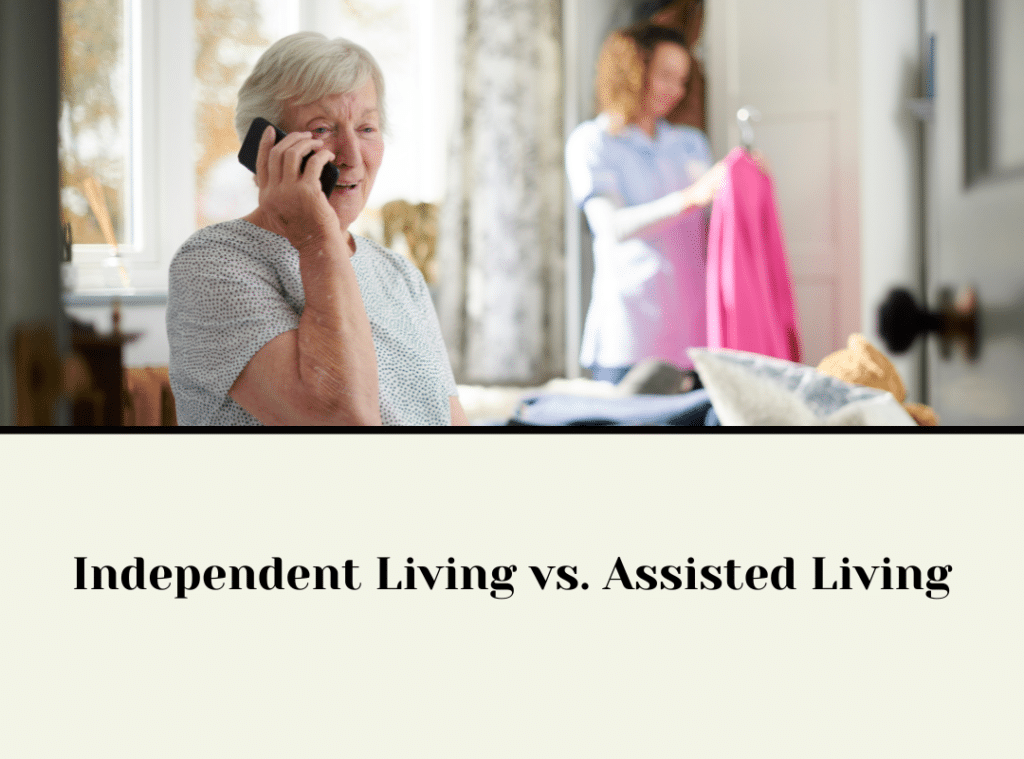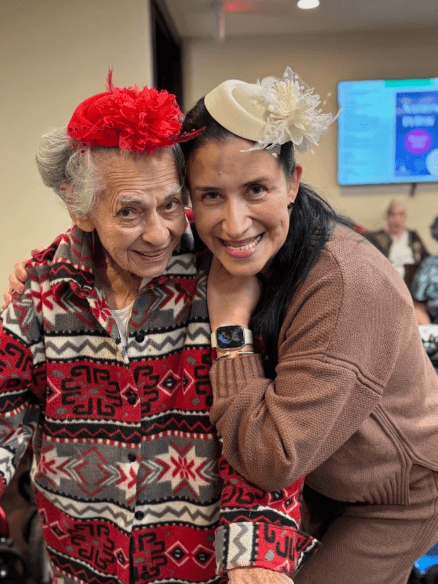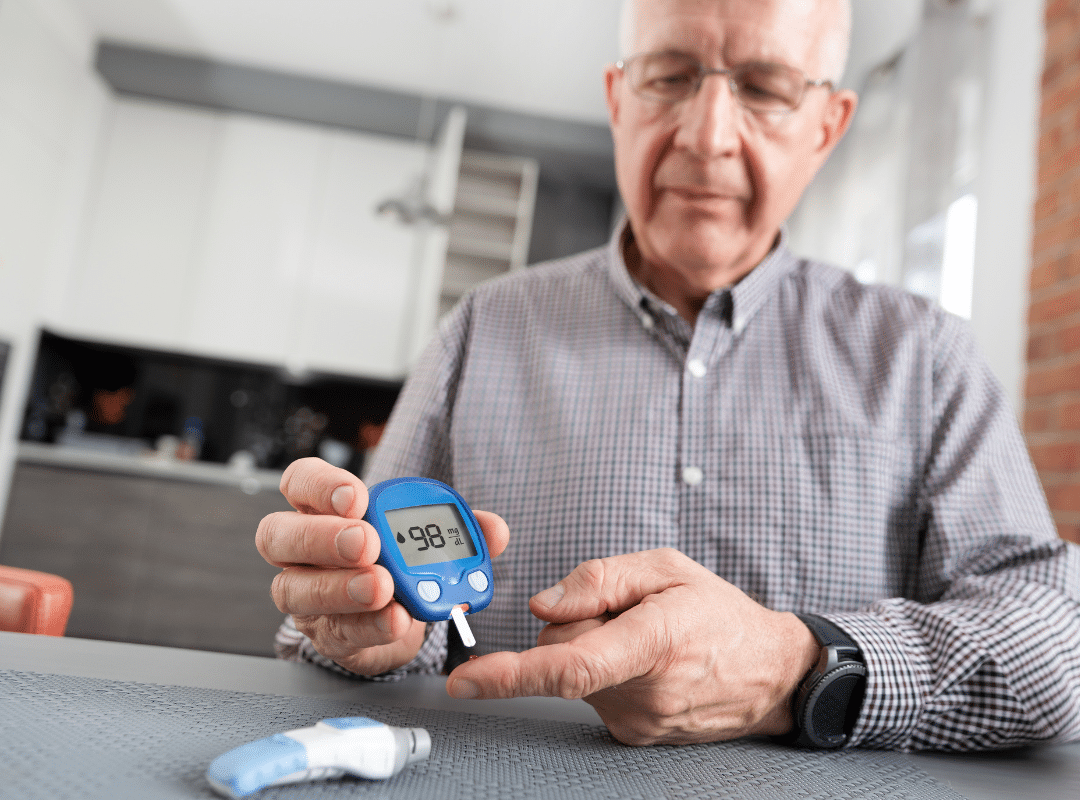Elder Care in San Diego, CA: Tips for Safe and Healthy Aging
Growing older does not mean giving up independence or joy. With the proper elder care in San Diego, seniors can live safely, stay socially connected, and feel supported every day. At Westmont of Carmel Valley, aging is about thriving, not just getting by. From trusted care resources to community programs and planning tools, San Diego offers powerful support for seniors and their families.
This guide makes aging easier by breaking down local services, healthcare planning, nutrition, safety, and financial steps. Whether you are planning or helping a loved one now, understanding elder care in San Diego enables you to make confident, stress-free decisions.
For more details about our community, visit Westmont of Carmel Valley.
Understanding In-Home Supportive Services
One of the most essential tools in elder care in San Diego is In-Home Supportive Services (IHSS). These services help seniors stay in their own homes while assisting with everyday tasks such as bathing, cooking, and medication reminders. For many families, this support creates peace of mind and allows aging adults to keep their routines.
IHSS also supports family caregivers, reducing burnout and stress. Strong family involvement improves outcomes and emotional well-being, which is why holistic care matters. Learn more about how family involvement plays a role in care with this helpful guide.
To qualify, seniors must meet county guidelines, and applications are handled locally. These free services for senior citizens are a key part of aging safely while preserving dignity and independence.
Navigating Local Aging Resources
Finding help should not feel overwhelming, but many families are unsure where to start. A San Diego senior resource guide makes navigating services much easier. These guides list housing support, meal programs, wellness services, and caregiver help all in one place.
Local agencies and nonprofits work closely with aging and independent services in San Diego to ensure seniors get the care they need. From transportation assistance to social programs, these resources encourage independence while preventing isolation.
A safe living environment is also essential. Choosing a secure, well-supported community makes a big difference. Learn how safety features support aging adults by exploring a safe, secure environment.
Planning for Health Care Needs
Healthcare planning is a cornerstone of effective elder care in San Diego. Having a plan in place ensures that seniors receive timely medical care, manage chronic conditions, and avoid unnecessary emergency visits.
Assessing Health Care Options
Every senior has unique needs. Evaluating medical history, mobility, and lifestyle helps families choose the right providers. Telehealth services now make it easier than ever to access doctors without travel, which supports independence and comfort.
Preventive care is just as critical. Regular screenings and wellness visits catch issues early and improve long-term outcomes. A personalized care plan helps align care services with individual goals.
Understanding Insurance Coverage
Insurance can feel confusing, but understanding it is critical. Knowing coverage limits helps families budget for care and avoid surprises. This is especially important when exploring free services for senior citizens or government-supported programs.
Some seniors may qualify for Medicaid waivers or veterans benefits. Learning about financial assistance programs can reduce financial stress and make long-term planning easier.
Coordinating Medical Appointments
Managing appointments can quickly become overwhelming. Simple tools like calendar alerts and caregiver coordination help seniors stay on track. Transportation options offered through aging and independent services in San Diego also support access to care.
Good communication among providers, caregivers, and family members ensures smoother care coordination and better health outcomes.
Importance of Nutrition and Meal Options
Nutrition plays a huge role in healthy aging. Balanced meals help seniors maintain strength, energy, and immune health. In quality elder care in San Diego, nutrition is never an afterthought.
Nutritional Meal Planning
Meal planning should reflect dietary needs, preferences, and medical requirements. Including fruits, vegetables, lean proteins, and whole grains supports overall wellness. Thoughtful planning also accommodates low-sodium or diabetic-friendly diets.
Nutrition programs offered through free services for senior citizens help ensure no senior goes without healthy meals.
Social Dining Opportunities
Eating together builds connection. Community dining reduces loneliness and turns meals into something seniors look forward to. Social dining programs offered through senior centers and communities promote emotional health while meeting nutritional needs.

Engaging in Community Programs
Community involvement keeps seniors active, curious, and happy. Programs across San Diego encourage learning, creativity, and social bonding. These opportunities are often listed in a San Diego senior resource guide, making them easy to find.
Participation improves mental health and reduces isolation. From fitness classes to volunteer groups, staying involved makes aging more fulfilling.
Protecting Vulnerable Adults
Safety is a critical part of elder care in San Diego. Unfortunately, some seniors face neglect or abuse. Knowing how to protect vulnerable adults is essential.
- Build strong support networks
- Learn the warning signs of abuse
- Use caregiver education resources
- Report concerns to the adult protective services in San Diego
If abuse is suspected, adult protective services in San Diego can investigate and provide immediate help. These services protect dignity, safety, and rights.
Financial and Legal Planning for Seniors
Financial and legal planning ensures seniors stay in control of their future. Estate planning, budgeting, and legal documents like powers of attorney protect both seniors and families.
Improving financial literacy helps seniors understand benefits and make informed choices. Many free services for senior citizens offer counseling and planning assistance. Partnering with an elder law attorney or financial advisor provides clarity and confidence.
For additional guidance, trusted resources like the National Council on Aging, California Department of Aging, and Medicare offer reliable, up-to-date information.
Ready to Experience Compassionate Elder Care in San Diego?
Call Today and See How Life Can Feel Easier
Aging should feel supported, not stressful. At Westmont of Carmel Valley, we help families navigate elder care in San Diego with compassion, expertise, and heart. From community living to personalized support, we are here to help you or your loved one thrive.
📞 Call us today at 858-465-7356
📅 Or schedule a tour and see the difference for yourself.
Your next chapter deserves comfort, care, and confidence.
Frequently Asked Questions About Senior Living in San Diego
What is there to do in San Diego for elderly people?
There are many senior-friendly activities throughout San Diego that support an active, social lifestyle. Older adults can enjoy beach walks, harbor cruises, museums, and botanical gardens at a relaxed pace. Many community centers and senior centers offer fitness classes, arts and crafts, educational programs, and social events. San Diego also has excellent libraries, cultural festivals, and volunteer opportunities tailored for seniors.
How much does it cost to have a caregiver in San Diego?
The cost of hiring a caregiver in San Diego typically ranges from $30 to $40 per hour, depending on the level of care needed. Rates may be higher for specialized services such as dementia care, overnight care, or medical assistance. Some families reduce costs by scheduling part-time care or sharing caregiving responsibilities. Financial assistance may be available through long-term care insurance, veterans’ benefits, or specific local support programs.
Is San Diego a good place for seniors?
San Diego is widely considered a good place for seniors due to its mild climate, strong healthcare system, and wide range of lifestyle options. The city offers access to top-rated hospitals, senior-focused services, and age-friendly transportation. Many neighborhoods are walkable and close to shopping, dining, and recreation. The combination of outdoor living and quality care resources makes it appealing for retirement.
How much does senior living cost in San Diego?
Senior living costs in San Diego vary by community type and level of care. Independent living typically costs $3,000 to $4,000 per month, while assisted living often costs $5,000 to $7,000 per month. Memory care and higher-acuity services can cost more than $7,500 per month. Pricing depends on location, amenities, apartment size, and the amount of personal care provided.






















